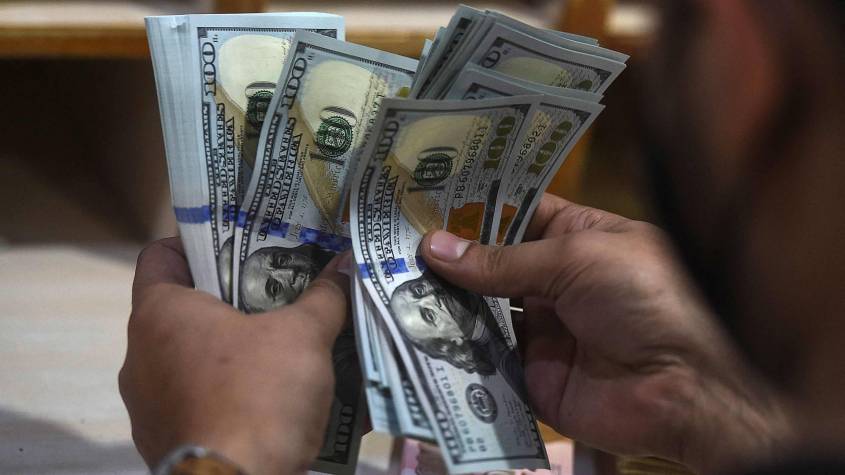
5 Reasons Nigerians Still Fall for Ponzi Schemes
Nigerians have been defrauded of billions of naira from ponzi schemes by criminals posing as investment portfolio managers.
Nigerians are estimated to have lost N300 billion to Ponzi schemes in the last few years.
In 2016, 3 million investors lost approximately N18 billion to the infamous Marvodi Mundial Movement (MMM).
More recently, investors lost approximately N17 billion to MBA Trading & Capital Investment Limited, another N22 billion to Imagine Global Solutions, and about N47 billion to Chinmark Investment, among others.
According to Investopedia, a Ponzi scheme is a financial structure in which investors contribute money to a portfolio manager who promises a high return and is paid out with cash supplied by later investors.
The money is not invested in anything and simply flows about until the scheme runs out of money.
Here are 5 reasons Nigerians continue to fall for ponzi schemes.
RELATED:
5 Scams People Still Fall For
1. Greed
Ponzi schemes offer enormous returns, albeit unrealistic, that no legitimate company could match.
People simply want to get quick money without having to work for it; they would instead invest money and get double the amount in a short period.
For example, one woman used cash from her “Ajo,” a thrift savings system, to engage in a Ponzi scheme that guaranteed a 110 percent return.
Unfortunately, the Ponzi scheme failed, and she lost all of her money. Though the loss was heartbreaking, one can’t help but wonder why someone would misuse money given to them.
2. Lack of financial education
Savings alone will not guarantee prosperity; it is a general truth at this point. As a result, people are eager to participate in any plan that promises a high return.
Like any other ability, many people forget that financial knowledge is required to make informed decisions.
A person with no financial knowledge, for example, would fall for any investment that promises a large profit.
3. Peer pressure
We’re wired as humans to follow the herd, so if we see many people engaging in a scam, we’ll most likely join in.
In the days of MMM, many people invested in the scam and lauded it because they had put in a considerable amount of money and had received their returns.
What they did next was to persuade others to invest on the premise that other people were doing it and also seeing returns. Some did it out of peer pressure, and it crashed on them.
4. Unemployment
Ponzi schemes have become fashionable due to Nigeria’s rising unemployment situation.
According to Statista, Nigeria’s unemployment rate is expected to reach 33 percent by 2022. In the previous year, this percentage was expected to be 32.5 percent.
Nigeria’s unemployment rate has been steadily increasing in recent years. According to Nigerian methodology, approximately 33% of the labour force was unemployed in the fourth quarter of 2020.
5. Poverty
One would think that following the MMM crash in 2016, Nigerians would have learned their lesson about these high-yield investment schemes.
However, we see an increase in the number of ‘crashed’ or ‘frozen investments.’
What’s worse, despite repeated warnings from the Securities and Exchange Commission (SEC), Nigerians continue to ‘invest’ or buy into these Ponzi schemes in the hopes of ‘cashing out’ before they fail.
Many people have blamed poverty for the high and enthusiastic support for these plans.
According to a recent World Bank report, Nigeria’s poor population will reach 95.1 million by 2022.
This would mean that 6.1 million more people would have slipped into poverty between 2020 and 2022, an increase of 6.7 percent.
There’s no denying that people are more desperate to find alternate forms of money to supplement their main source of income. Unfortunately, these ‘investors’ are frequently duped.
NEXT:
Nigerians Top the List of Only 15 Black Billionaires in the World
5 Things to Know about Unbundling DISCOs To End Power Outages in Nigeria
The hammer is coming down on PHCN’s entities that have plunged Nigerians into darkness for…























